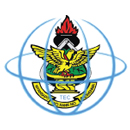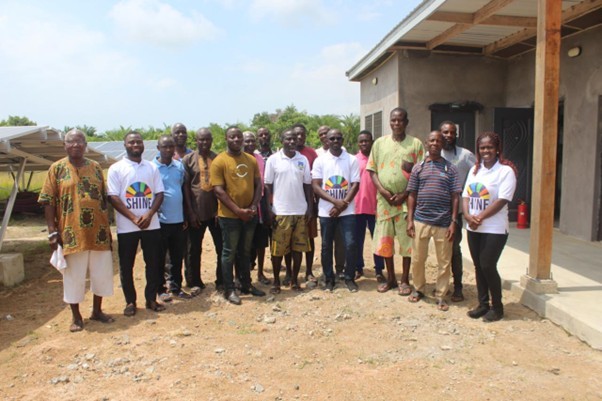The Ghana Sustainable, Holistic and Inclusive Energy Systems for Well-being (SHINE) project has embarked on a series of community-entry engagements across eight communities, four in the Ashanti Region and four in the Greater Accra Region, to introduce the initiative and establish partnerships with local stakeholders.
The SHINE project, part of a global initiative funded by UKRI and led in Ghana by the Kwame Nkrumah University of Science and Technology (KNUST), seeks to co-design energy interventions that enhance livelihoods and promote inclusive well-being. It explores how equitable access to reliable, clean energy can transform lives, from improving health outcomes to promoting climate resilience and gender equality.

The first phase of the community engagement took place from 27th to 28th October 2025 across four on-grid communities in the Ashanti Region; Anwiafutu, Adumasa, Amangoase, and Atwimaa Takoradi within the Nkawie and Atwimaa Mponua Districts. The Ghana SHINE team, led by Bernice Wadei, with Kingsly Apusiga, Julius Adinkrah, and Richard Tetteh, paid courtesy calls on traditional and opinion leaders, following local customs by presenting tokens of goodwill to announce their presence and intentions.
Engagements focused on the communities’ energy realities, their aspirations for improved access, and the role SHINE could play in supporting local development. Community leaders expressed optimism and a strong willingness to collaborate, noting that sustainable energy interventions could stimulate local businesses, improve school performance, and enhance household well-being.
From Ashanti Region, the team continued to the Ada East District from October 30 to 31, 2025, where they engaged leaders in four off-grid island communities; namely Aflive, Alorkpem, Azizakpe, and Pediatorkope, along the Volta River estuary. These communities rely largely on small off-grid systems and generators for power. Discussions centered on how limited energy access affects health, time use, and small-scale economic activities. Leaders welcomed the SHINE initiative and granted consent for the pilot phase, emphasising the significance of sustainable energy solutions for their communities’ development.
Across all eight communities, one common message resonated: the urgent need for inclusive and sustainable energy systems that improve daily life while safeguarding the environment. These engagements mark a critical first step in SHINE’s mission to co-create interventions that respond to pragmatic community needs.

